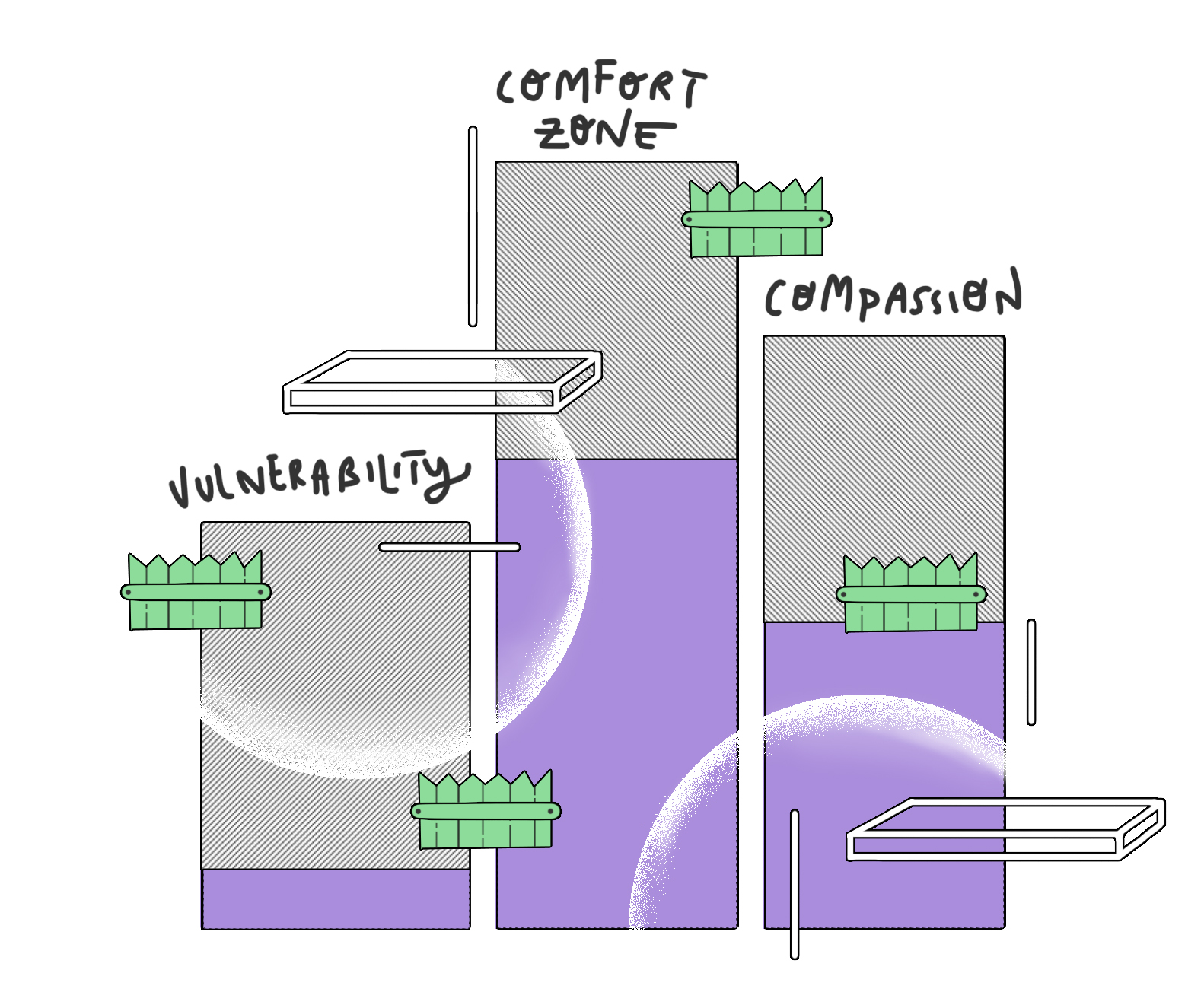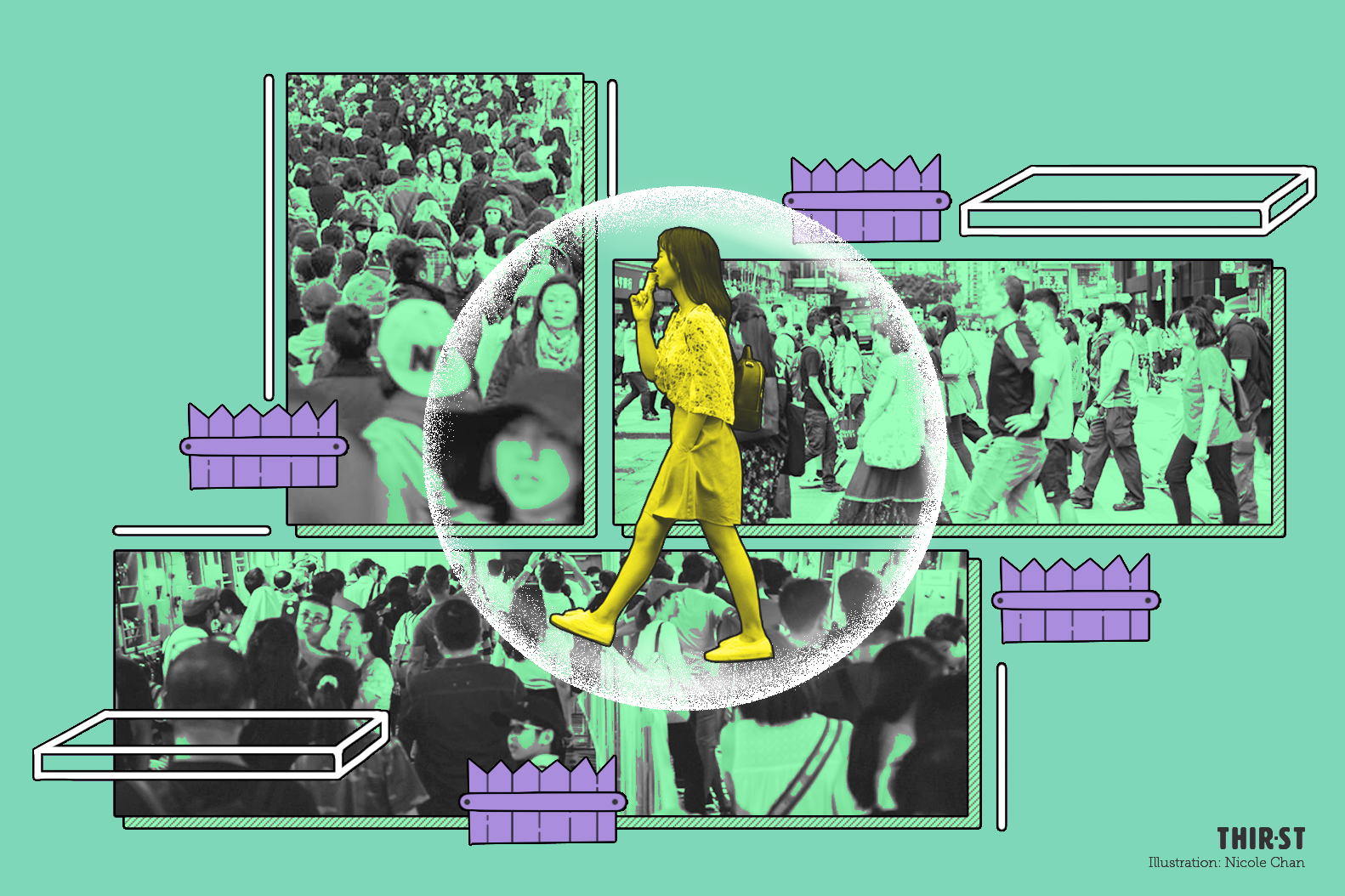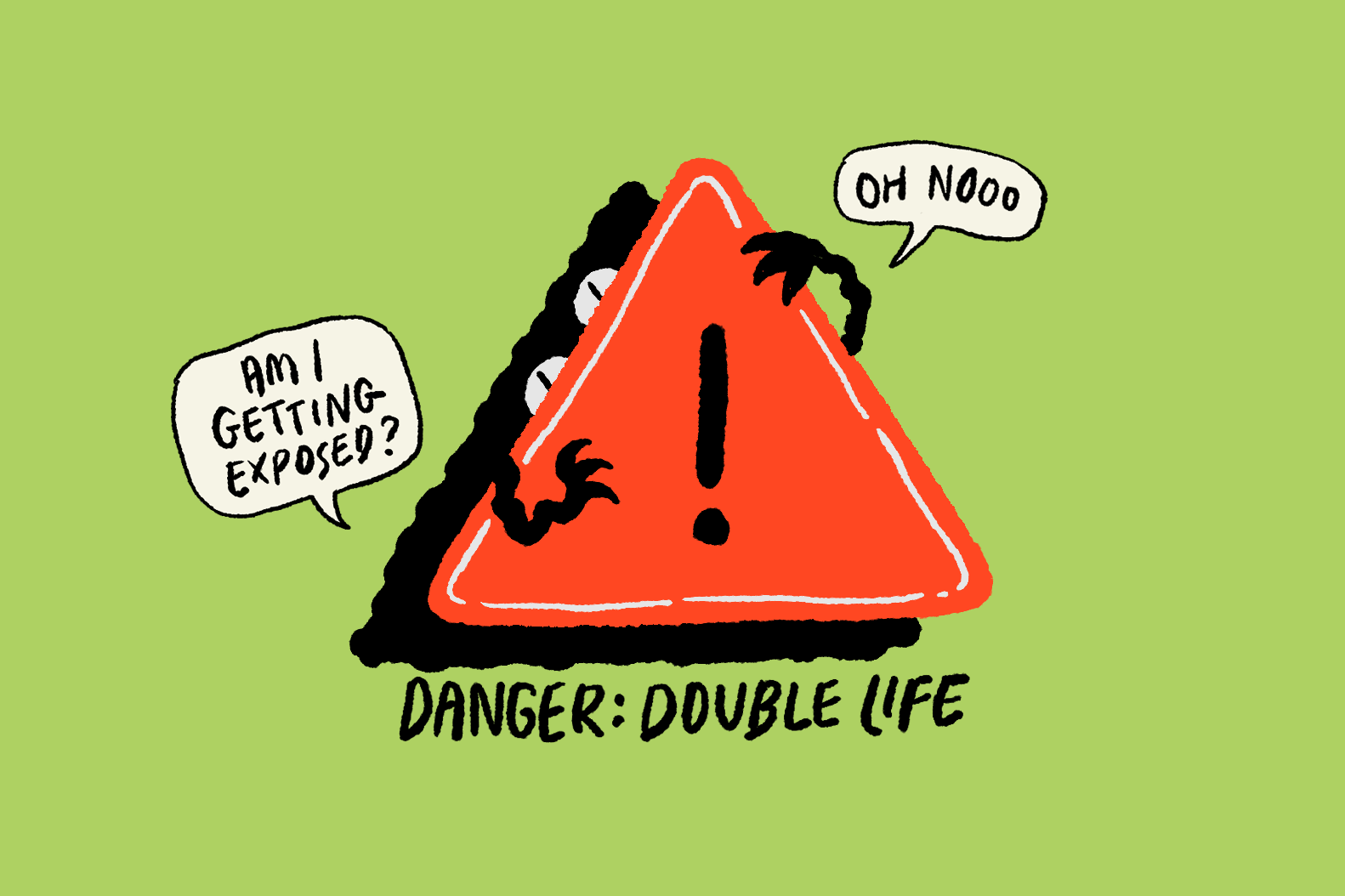I get drained from social interactions with strangers, acquaintances and even friends at times.
And that’s okay, God has every right to shape each individual the way He wants them. God created me this way.
But, as a result, I sometimes subconsciously refrain from showing concern for people around me, lest they unleash raw emotions on me.
I can just stop there, and tell myself, “If I try to show concern for people, I would no longer be ‘authentic’ because I’m faking a persona that is not me.”
I want to always show others the real me, not put on a mask everywhere I go.
But what does the Bible say?
“Put on then, as God’s chosen ones, holy and beloved, compassionate hearts” (Colossians 3:12).
We are called to be compassionate, and compassion is not just about showing sympathy, but also wanting to alleviate the suffering of the other party.
It is about being there, listening, praying with and providing practical help where needed.
Is the Bible indirectly asking me not to be authentic, then?

God created us with different strengths and weaknesses.
Some people express compassion better through listening and crying alongside the suffering brother or sister. Others are quick to jump to “What can I do to solve your problem?”
Problem-solving has its place and is important, but I am reminded that God created people, not problems.
I am also reminded of Philippians 1:6: “And I am sure of this, that he who began a good work in you will bring it to completion at the day of Jesus Christ.”
We are all works in progress, but if we are content to stick with our labels like “not a people person”, “better at talking to machines than people” and “I’m so bad at expressing compassion that I just offend people if I try”, then we leave little room for God to mould and refine us into who He wants us to be.
Being authentic then, doesn’t mean that I have to behave as I – or other people – label me.
What then, does authenticity look like? To me, it means recognising my strengths and weaknesses, accepting them but not being confined by them.
It means not being afraid to show my brothers and sisters that I need help in certain areas.
It means being vulnerable in order to be shaped and reshaped by God through the community of fellow believers He has put me in.
It means going out of my comfort zone in order to grow in faith, in love and in maturity.
I am in no ways a people person – far from it. But that shall not stop me from showing concern, encouraging and praying with and for the people around me.
We are all works in progress, but if we are content to stick with our labels, we leave little room for God to refine us into who He wants us to be.
I leave you with a quote from Bob Goff, in his book, Love Does.
“At some point I stopped staring at the pile of broken cake on the asphalt that was my life and decided to get some skin in the game. My life had not been shattered into many pieces by a massive tragedy, but it consisted of as many disorganized pieces as it would if it had been.
“I simply decided that I wasn’t going to let the residual rocks and small pieces of gravel get in the way of me getting served up and used. It has always seemed to me that broken things, just like broken people, get used more; it’s probably because God has more pieces to work with.”
Let us continue to actively allow God the Master Potter to mould us, with all our broken pieces, into vessels suitable for His use.
This article was first published on Yio Chu Kang Chapel’s website and is republished with permission.
- What are some labels others have placed on you? What are some you’ve given yourself?
- What might your “broken pieces” be?
- How might God want to refine you? What might be one specific way He wants to use your life?










